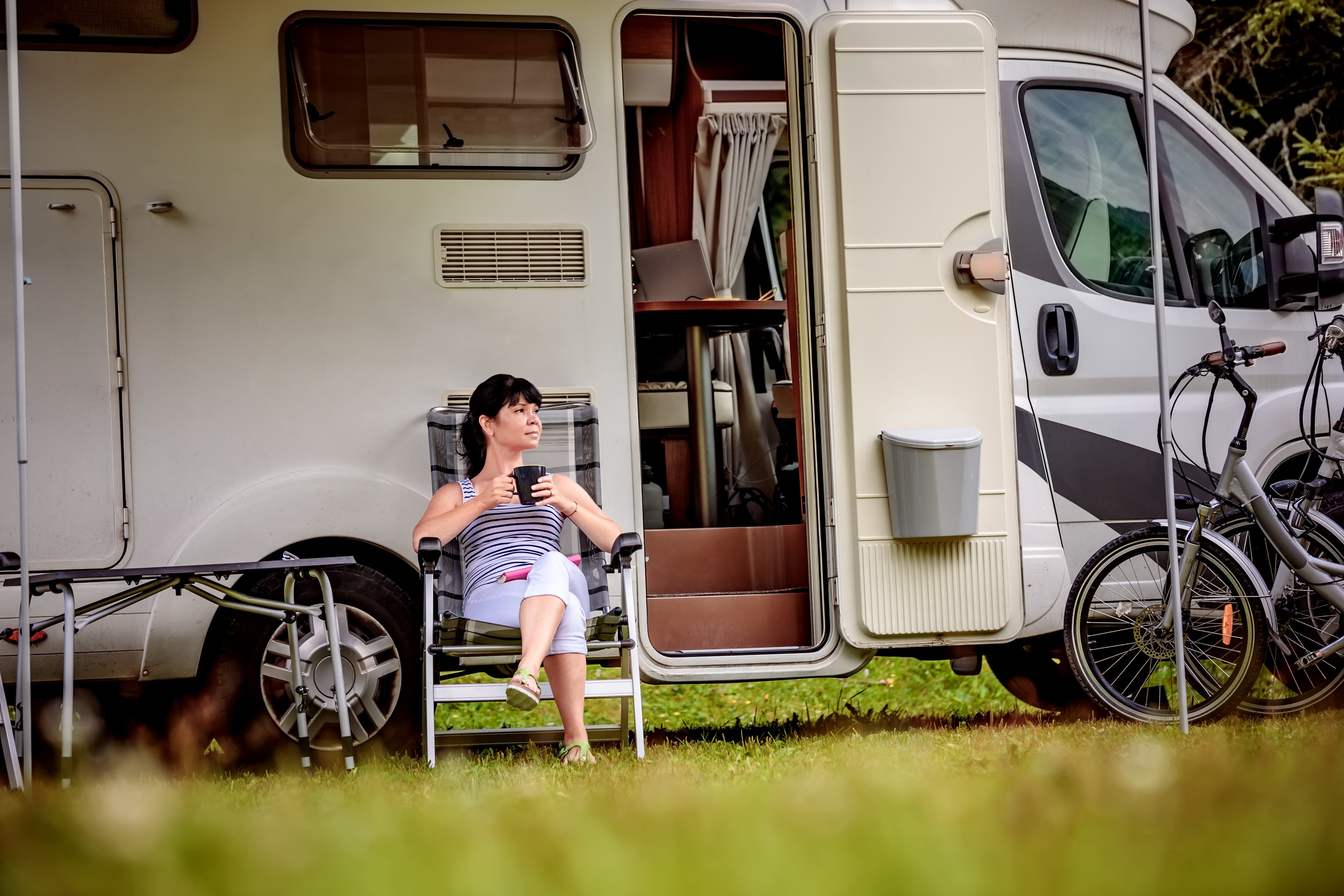
Do you own a recreational vehicle? Do you know if the water you consume or wash within the vehicle is safe? If not, this article is for you.
Many RV's will come with some type of water filtering system; some will not. If your RV has a filtering system, it is a good idea to read up on the literature that came with the vehicle and water system to make sure you are changing or recharging the filters as required. Water filters are like anything else in life; they need to be maintained periodically to perform at their optimum level. This is especially true with water filtration systems that may stand idle for long periods.
For those who do not have a water filtering system as an internal component of their vehicle, you have several options. Before you make your decision, however, you should do a little homework. This will help you decide which type of water filter will best suit your needs.
To start, you should estimate how much water you need to filter. If you normally use a lot of water for drinking, cooking, and showering, you will benefit most by getting a water filtering system that can handle that capacity of water and deliver it at a reasonable rate of use.
If you only use a small amount of water for drinking and cooking in your RV, you may want to purchase simple, affordable point-of-use water filters. These filters come in a variety of styles from countertop units to in-line units. POU water filters are fairly easy to install and deliver a very reasonable amount of filtered water in a short amount of time.
If you want to filter all of the water that comes into your vehicle, you will need to find a filter that hooks up to your water intake hose. For this, one of the best options is an in-line filter. These are relatively easy to install and models can be found that will filter not only contaminants but also sediments, which may be common in some RV parks.
As mentioned above, some RV's have water filters already installed. It is very important to remember to change the filters as required by the manufacturer. RV's that stand idle for long periods may end up with stagnated water in the lines or with mold and mildew in various parts of the filtering device. Depending on what type of filter media you have, the media itself may become clogged or contaminated if not changed. This can lead to illness and a ruined outing.


Share:
Should I Test My Tap Water?
Drinking Water Contaminants: Giardia